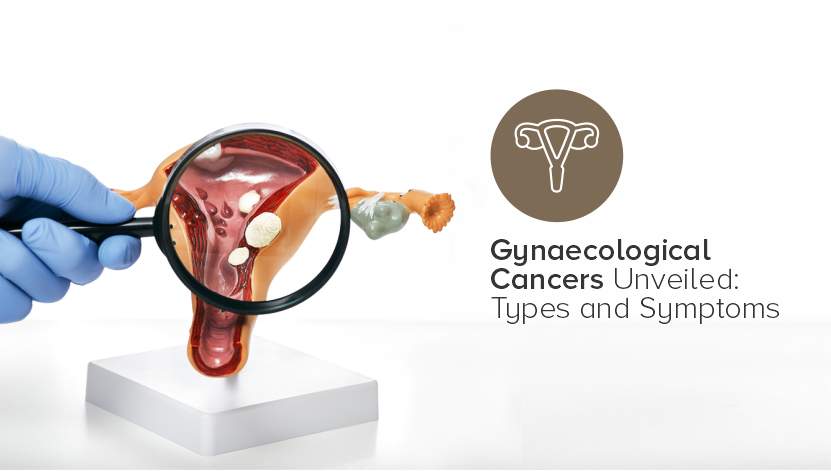Gynaecological cancers are the cancers that affect women's reproductive system, including the cervix, uterus, fallopian tubes, vagina, ovaries, and vulva. It's important to understand that each of these cancers is different and may require unique management strategies.
